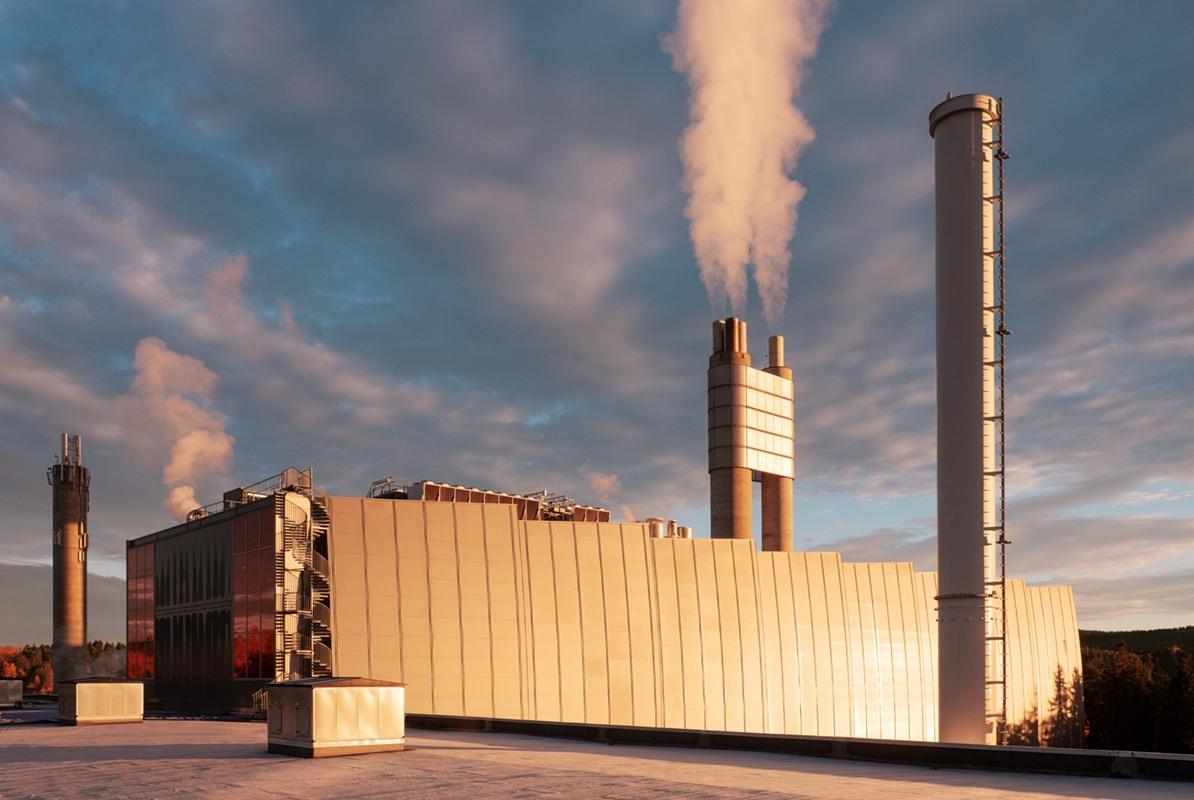Aircraft Manufacturers, Airlines Welcome EPA Proposal on Aircraft Emissions
Aircraft manufacturers and U.S.-based airlines have applauded the Environmental Protection Agency’s (EPA) proposal to adopt the International Civil Aviation Organization’s (ICAO) fuel efficiency and carbon dioxide (CO2) emissions standard for future aircraft.
The ICAO is a UN specialized agency that works with UN member states and industry groups to establish international civil aviation standards and practices for safe, secure and sustainable civil aviation. The standard proposed to be adopted by the EPA was established by the ICAO in 2016, aiming to limit the growth in emissions being produced by aircraft. The standard applies to new models of commercial aircraft starting this year and existing in-production models starting in 2023.
Air transport has come under increasing scrutiny in recent years as a significant contributor to GHG emissions. According to European Commission estimates, aviation accounts for 2% of global GHG emissions. Without efficiency improvements and regulatory intervention, aviation emissions are likely to increase along with the steady rise in air travel forecast over the next several decades.
In a statement following the EPA proposal, Airlines for America (A4A), an industry trade organization representing several U.S. airlines welcomed the move. Nancy Young, A4A Vice President, Environmental Affairs, said:
“EPA’s proposal to adopt ICAO’s fuel efficiency and CO2 certification standard for newly manufactured aircraft is good for our industry, for our country and for the world. Although the U.S. airlines are already driven to be highly fuel- and carbon-efficient, this stringent new emissions standard will help U.S. airlines make a green industry even greener.”
Aircraft manufacturer Boeing also applauded the proposal in a statement:
“The EPA’s CO2 standard for aircraft is a major step forward for protecting the environment and supporting sustainable growth of commercial aviation and the United States economy. Aircraft operators need certainty that their new airplanes will be certified to the International Civil Aviation Organization CO2 requirements. The aviation industry has increased fuel efficiency by 50% since 1990, and this regulation will help ensure airplane manufacturers continue to advance technology for greater fuel efficiency. These efforts are part of the industry’s strategy to cut net global aviation emissions to half of what they were in 2005 by 2050. Aviation is one of only two industrial sectors that have global CO2 goals and standards to meet them, underscoring our steadfast commitment to our communities and planet.”
Some environmental groups, however, criticized the announcement, arguing that the proposals don’t go far enough to reduce emissions from the industry. The Center for Biological Diversity pointed out that even the EPA itself indicated it does not expect the proposed rule to actually result in emissions reductions.
Clare Lakewood, climate legal director at the Center for Biological Diversity, said:
“This toothless proposal does nothing to meaningfully address the serious problem of airplanes’ planet-warming pollution. The Trump administration is trying to dodge its legal responsibility and help airlines escape accountability for their dangerous emissions. As the climate crisis deepens, we desperately need technology-forcing standards that actually reduce aircraft pollution.”





